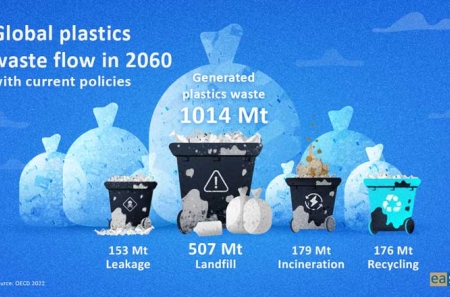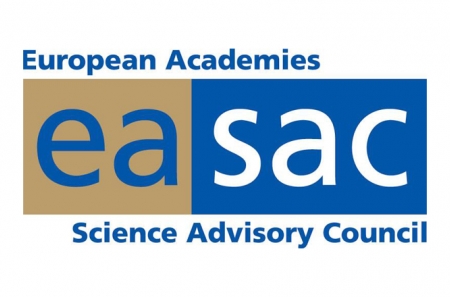
RIA and BA Brexit Briefing Series: The Belfast/Good Friday Agreement, the Island of Ireland Economy and Brexit
26 October 2018The fifth paper in the Royal Irish Academy and British Academy Brexit Briefing Series has now been published.
The paper focuses on The Belfast / Good Friday Agreement, the Island of Ireland Economy and Brexit and was authored by Michael D’Arcy, and Frances Ruane, MRIA.
The paper asserts that prosperity and peace are inextricably linked on the island of Ireland and that Brexit risks undermining both. It also warns that Brexit could remove most of the economic elements underpinning the Belfast/ Good Friday Agreement, depending on the UK’s final settlement. This risks both stifling the all-Ireland economy and destabilising the peace agreement.
The authors recommend that a legally-supported ‘backstop’ must be in place as part of the final Brexit deal, to protect the economic growth that is fundamental to safeguarding the 1998 Agreement.
The briefing highlights that:
- Membership of the Single Market created the conditions for economic growth on the island of Ireland by dismantling the trade barrier between the Republic of Ireland and Northern Ireland.
- Recent research suggests that in the case of a no-deal, cross-border trade between Ireland and Northern Ireland could reduce by 9-16%, with the main impacts being on companies in the food sector and especially in meat and dairy products.
- Economic growth since 1998 has contributed to peace because individuals and businesses have been able work closely together, trade, and build trust.
- A significant share in cross-border trade is from companies that simultaneously trade in both directions, in intermediate products – evidence of strong supply chains.
- Free movement of labour in the EU also boosted the all-Ireland economy, by removing any economic cost of working across borders. This reinforced the commitment of the Belfast/Good Friday Agreement that those born in Northern Ireland can “identify and be accepted as Irish or British, or both”: as citizens of the EU they were entitled to enjoy economic entitlements of both jurisdictions.
- If new barriers that regulate the movement of goods, services, employment and finance on the island of Ireland and between the island, GB and the rest of the EU emerge, there will be negative consequences for growth.
The full paper can be read here.
The British Academy- Royal Irish Academy Brexit briefings use the academic expertise of Fellows and Members of the two academies to raise awareness of the topics and questions that need consideration and/or responses as the UK negotiates its exit from the EU. Previous papers in this series are available here. Queries should be directed to j.kenneally@ria.ie, 01 676 2636.



